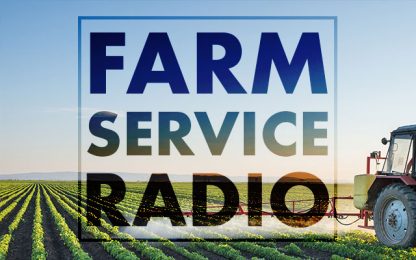Iowa NRCS Announces March 1 Application Cutoff for Organic Transition Initiative

he U.S. Department of Agriculture’s Natural Resources Conservation Service (NRCS) in Iowa is now accepting applications for the Organic Transition Initiative.
The Organic Transition Initiative is a USDA initiative that provides financial and technical assistance for conservation practices that support organic production. While NRCS accepts applications year-round, eligible applications received by March 1, 2024, will be batched and ranked for Fiscal Year 2024 funding.
Before crops can be certified organic, farmers must carefully manage their land without using prohibited inputs like synthetic pesticides for 36 months. During this transition period and during the first years after certification, farmers often face many technical and market challenges.
The Organic Transition Initiative provides funding to support producers transitioning to organic production by providing financial and technical assistance to farmers choosing to implement a new organic management standard.
The Organic Transition Initiative furthers USDA’s objective of developing diverse food systems while encouraging climate-smart agriculture by focusing funds on transitioning producers to organic production. This initiative dedicates financial and technical assistance to a new organic management standard.
NRCS is dedicating funds to assist producers with a new organic management standard under the Environmental Quality Incentives Program (EQIP). NRCS will help producers adopt the new organic management standard, which allows flexibility for producers to get the assistance and support they need. It supports conservation practices required for organic certification.
Eligible producers include row crop farmers, livestock producers, forest landowners, and other farmers beginning or in the process of transitioning to organic certification. Higher payment rates are available for underserved producers including socially disadvantaged, beginning, veteran, and limited resource farmers.


